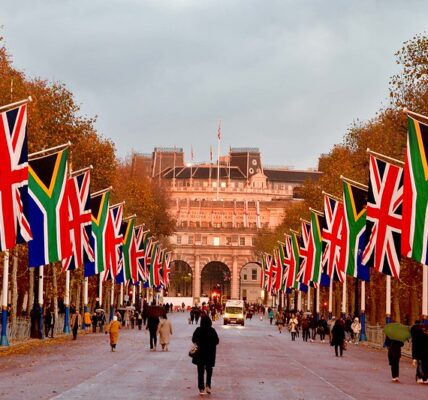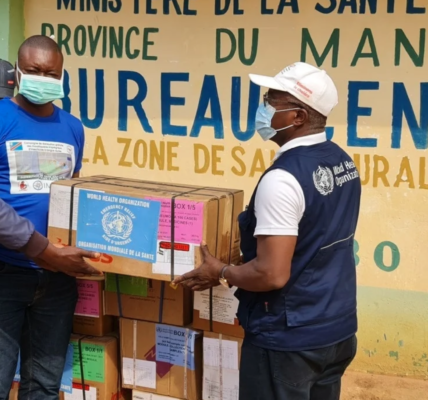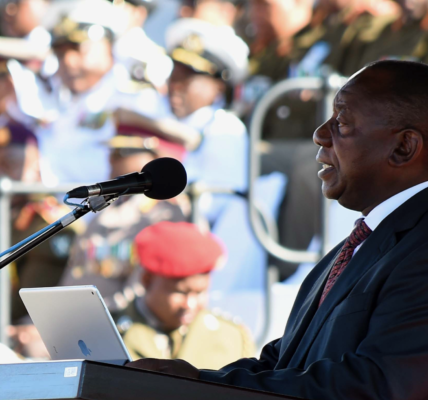SANDF dismisses claims of captive soldiers as Ramaphosa stands firm on keeping troops in DRC
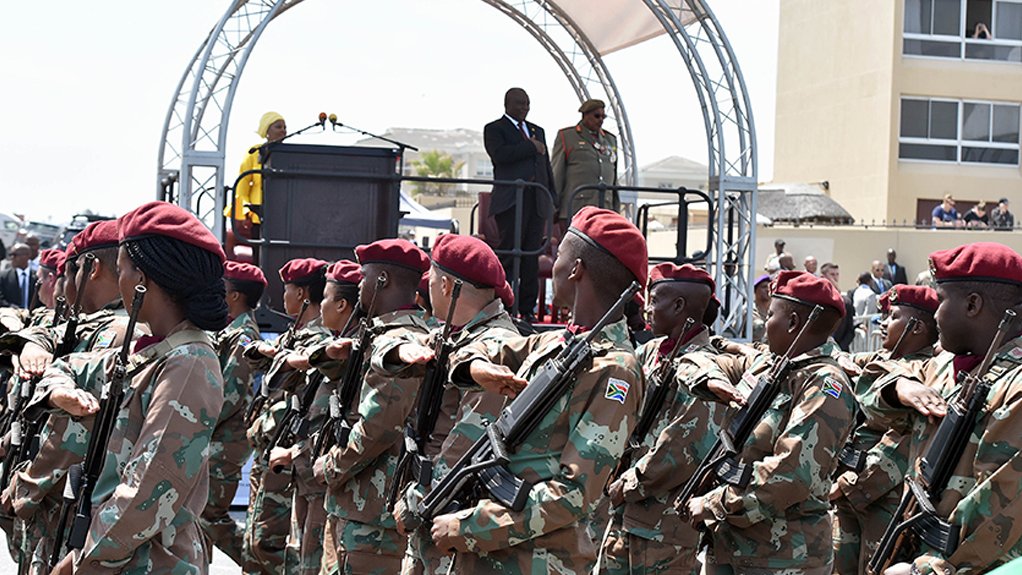
The South African National Defence Force (SANDF) has firmly denied reports circulating on WhatsApp alleging that South African soldiers in the Democratic Republic of the Congo (DRC) are being held captive, disarmed, and deprived of food by M23 rebels. SANDF spokesperson , Siphiwe Dlamini reaffirmed to NSN that he stands by his earlier statement that no SANDF troops are starving, have been disarmed, or are being held hostage.
These denials came in response to weekend reports claiming South African soldiers had become captives of M23 rebels. Concerned families have demanded the soldiers’ return. One of the soldiers’ wives told The Sunday Times in South Africa that the rebels had seized the arms and ammunition of South African soldiers, were guarding them, and were monitoring their movements. She said the South African troops were forced to share their food with the rebels.
National Security News has also had access to WhatsApp voice messages from concerned soldiers in the Goma area. In one of the messages, a woman described in Afrikaans how M23 rebels looted a base previously occupied by Uruguayan troops. She spoke about how the South African troops had surrendered and expressed concern for the safety of female soldiers under rebel control, fearing they might be raped.
Despite these claims, Dlamini stated unequivocally that SANDF troops remain armed and that no unauthorised parties have taken control of their bases. He did, however, acknowledge network communication challenges in the area.
Pikkie Greeff, secretary of the SANDF Union, has confirmed that the soldiers retain control over their base and are not unarmed. Though M23 may control movement around the base, he said, they have not seized control of it.
Ramaphosa refuses to withdraw SA troops from DRC
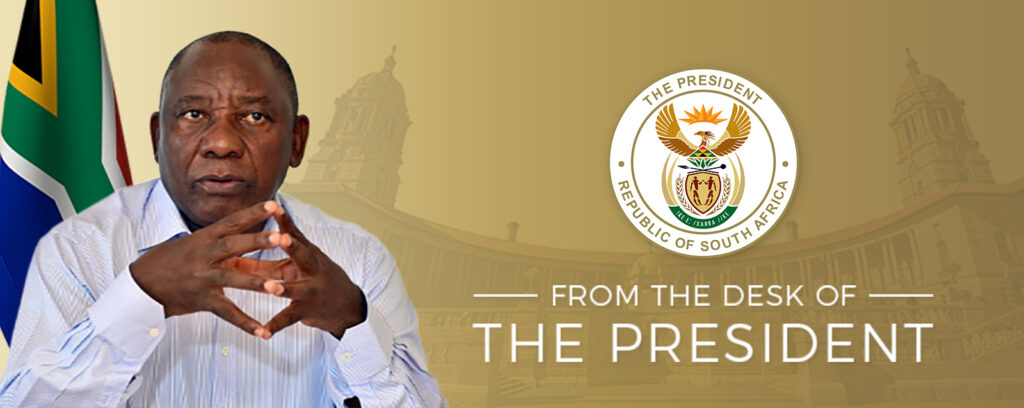
In the face of growing demands for withdrawal after 14 South African soldiers were killed in the eastern DRC amidst ongoing conflicts with the M23 rebels, President Cyril Ramaphosa remains unwavering in his commitment to the South African military’s presence in the DRC.
In his weekly newsletter to South Africa, Ramaphosa defended the mission, saying it is subject to the SAMIDRC, which has operational timeframes and an end date.
“The mission will wind down in accordance with the implementation of various confidence-building measures and when the ceasefire we have called for takes root,” said Ramaphosa.
Violence and conflict in Africa, he said, are the concern of all Africans.
“The humanitarian, economic, and social effects of these conflicts are felt across borders and regions. Instability in any part of the continent affects the prospects for growth and development across the continent,” he said.
The South African soldiers, he said, “lost their lives in defence of the defenceless.”
They were killed in a violation of a ceasefire agreement between the DRC and Rwanda facilitated by Angola, according to Ramaphosa.
Supporting peacebuilding and the resolution of conflict in Africa, said Ramaphosa, has been a cornerstone of South Africa’s foreign policy since the advent of democracy. He called for an end to hostilities and a ceasefire that “must be respected by all.”
Tensions have risen between South Africa and Rwanda, with Ramaphosa’s Defence Minister, Angie Motshekga, indicating that attacks on South African troops could be seen as acts of war.
Kagame’s denial of Rwandan involvement in the DRC
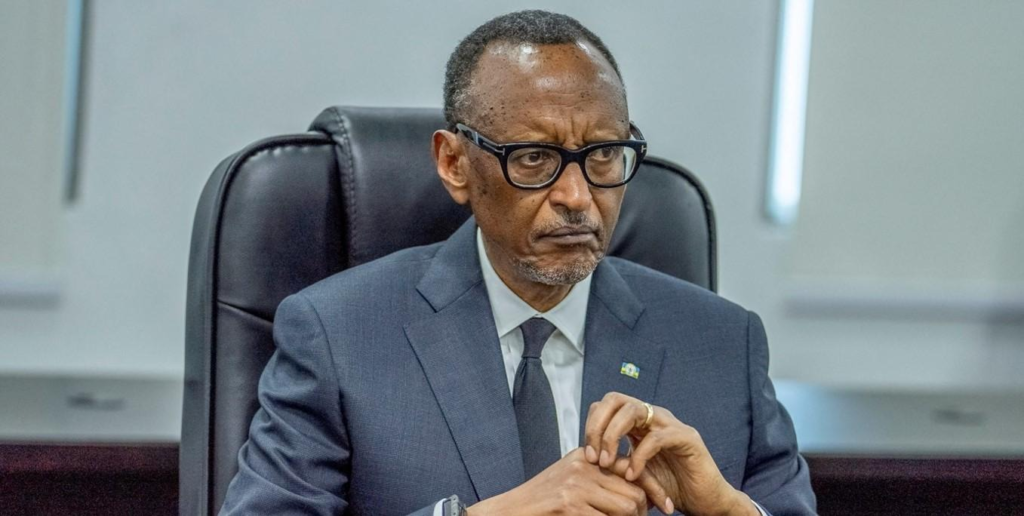
In an interview with CNN, President Kagame stated that he does not know if Rwandan troops are in eastern DRC. That is despite widespread international belief that Rwanda supports the M23 rebels, and UN experts estimating that 3,000 to 4,000 Rwandan soldiers are involved.
“I don’t know,” Kagame replied when asked whether there were Rwandan troops in the DRC, despite the fact that he is Commander-in-Chief of the Rwandan Defence Force. However, he said that Rwanda would take any necessary actions to protect itself from developments in the DRC that affect the country.
The country’s foreign ministry has welcomed calls by SADC and the East African Community (EAC) for a summit to discuss solutions to the security situation in the DRC. The ministry said it had consistently advocated for a political solution to the ongoing conflict. Kagame told US Secretary of State Marco Rubio in a phone call that he agreed on the need for a ceasefire in eastern DRC.
237,000 displaced since M23 seized Goma
According to the United Nations, 237,000 people have been displaced because of the M23 rebels’ seizure of Goma. ReliefWeb reports that since the escalation of violence, key supply routes into major cities, including Goma, Minova, and Saké, have been cut off, and access has been denied to resources including water, electricity, and online services.
400,000 displaced persons, who were already housed in makeshift camps in and around Goma, are living in dire conditions, and the latest offensive has ignited new waves of people fleeing the conflict. Hospitals in Goma are reported to be overwhelmed with people injured by the conflict, with critical shortages in human resources, medical and surgical supplies, pharmaceuticals, and blood for transfusions.



